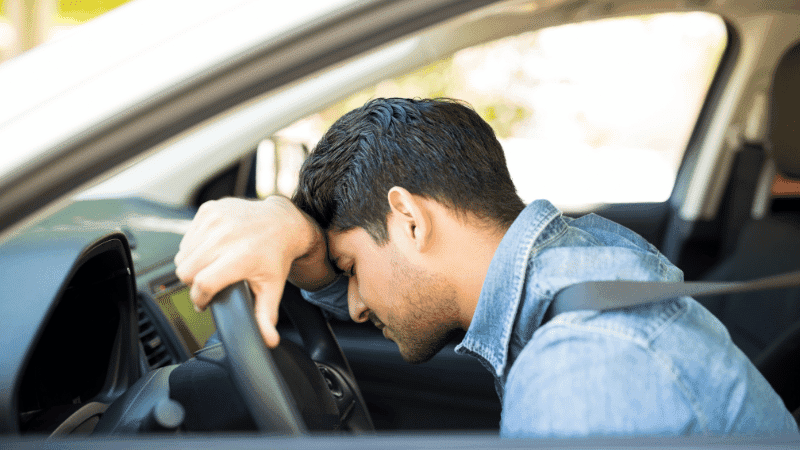Researchers discovered that the chance of heart issues increases by 3.2% for every 10 decibels (dBA) of traffic noise.
Briefly put:
1) Heart problems may become more common as a result of traffic noise.
2) 10-dBA increase in traffic noise causes a 3.2% increase in the risk of heart issues.
3) Noise can interfere with our metabolism, body clocks, and genes.
Not only is traffic noise annoying, but it is also detrimental to your heart.
Research indicates that exposure to noise from automobiles, trains, and aircraft may increase the risk of heart-related conditions such as diabetes, stroke, and cardiovascular disease.
According to the World Health Organization (WHO), traffic noise in Western Europe costs lives more than 1.6 million years of healthy life annually.
Traffic noise disrupts our sleep, increases stress hormones, and puts additional strain on our blood vessels and brains, especially at night. Increased blood pressure and inflammation may result from this, increasing the risk of cardiac problems.
Researchers from Denmark, the United States, Switzerland, and Germany have collaborated to investigate the effects of traffic noise on human heart health beyond auditory perception.
In a study published in the journal of the American cardiac Association, Circulation Research, researchers looked at thousands of papers and discovered that for every 10 decibels (dBA) of traffic noise, the risk of cardiac issues climbs by 3.2%.
They also looked at how noise can alter our metabolism, body clocks, and DNA, increasing the risk of heart problems.
The statement made by the researchers states that “a number of cardiovascular and cerebrovascular conditions, such as chronic coronary artery disease, acute coronary syndrome, arterial hypertension, stroke, and heart failure, are developed as a result of transportation noise.”
The study even found a connection between airplane noise exposure at night and stress-induced cardiomyopathy, or Takotsubo syndrome.
An elevated blood pressure during stressful situations may compromise vascular health.
“Noise control initiatives and noise reduction regulations are of tremendous importance for future public health, with an increasing proportion of the population exposed to damaging traffic noise even after the Covid-19 pandemic has finished,” principal scientist.




